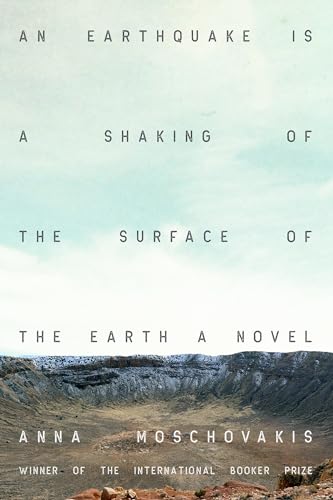What do you think?
Rate this book


208 pages, Paperback
First published November 19, 2024
“When you have made up a story in your head as a way of connecting observations or experiences that don’t easily add up, you can get attached to the story in a way that is similar to the way you can get attached to the story of an experience that you had but that did not make sense because you weren’t given all of the information necessary to make sense of it at the time…” (p. 178)